Yamaha Diversion 900 - Motorcycle.com
As the prices of hardcore, cutting-edge sportbikes and luxo-tourers continue to rise, it seems like more and more the "regular guy" is getting squeezed out. And for those in the market for a standard-style motorcycle that is not a watered-down cruiser, there were few options until recently. With the growing trend towards bikes filling a niche market, there has been a resurgence in the popularity of do-everything standards. As the interest in affordable standards reached a frenzy, Suzuki launched the Bandit 600 and eager buyers responded. Rumors abound that big-bore naked bikes from several manufacturers will be joining the ranks of the GPz 1100 and Bandit 600 in '97.
Offered in Europe and most other places that get
Based on the same principles as the econo-class XJ600 Seca II, the Diversion (Seca IIs carry the name "Diversion" abroad) takes the popular budget-minded big grunt formula to a much more successful end than the Seca II ever has. (For a review of the Seca II, see our Valuebikes Shootout) Until now, the Diversion 900 has fallen into the "Ha Ha, you don't get one" category, as Yamaha decided not to import the bike to America's shores. So when famous seat maker Mike Corbin offered us a ride on his personal Diversion 900 we were obligated to ride it, for the benefit of you, the reader, of course.
The Corbin Diversion 900 is entirely stock, save for a few modifications. The mirrors were replaced with shorter units that don't stick out as far as the stockers and the Corbin squad made a prototype seat for the bike. Did you really expect them to leave the stock one on?
With two valves per cylinder and dual-overhead cams, the Diversion 900 has the same top-end layout as the Seca II 600. The valves control air-fuel mixtures delivered by a quartet of 34 millimeter Mikuni BDSR carburetors. A 10:1 compression ratio squeezes the mix and spent gasses exit through a dual muffler exhaust system.
Due to Europe's less-stringent emissions standards, the carburetion of the Diversion was much richer than the typical anemic California spec machine, and as such pulled much more cleanly through the powerband. Power starts down low and climbs until the tachometer needles closes towards redline, albeit never in a dramatic fashion, mind you. The powerband, while not overly impressive, was satisfying in its consistency and meaty feel. User-friendly midrange meant easy going in both congested traffic and on the open road.
Showing its european intent, the Diversion was equipped with a metric speedometer and euro switchgear. Something not found on American-spec bikes is the switch that gives the rider the option to leave the headlights in one of three positions: On, Running Lights Only and Off. A large tach, fuel gauge and passing light flasher round out dash accouterments.
The transmission shifted smoothly and had gear ratios cleverly matched to the motor for street use and commuting. The five speed gearbox relays the motor's power to a shaft drive in the rear. The big XJ's rear shock eliminates the shaft drive hop-up that we've encountered on other units we've ridden. Out back, a 150/70-17 Dunlop K505, designed for mileage over knee-dragging grip, and a similar 120/70-17 front skin are your contact to the road. The high-mileage stock tires let the bike down under hard braking, though, giving poor feedback and allowing the front tire to chatter and the rear to slide. Softer tires would definitely improve the feedback and feel of the machine.
The Diversion's cable pull clutch offered a light feel that was less fatiguing than one would expect from a near-liter class machine. The steering feel was quite pleasurable and lighter than we expected. Stability was maintained through corners and over straightaways. The overall feel of the XJ 900 was confidence-inspiring and quite agile for such a balanced, "regular joe" machine.
The brakes felt powerful and had good feedback, aided by the dual-hose front system. Out back the story was similar, with the rear brake easily capable of locking up the stock tread. The rear pedal was mounted on unique, semi-polished footpeg bracketry, which complimented the highly chromed finish of the dual exhaust system.
The styling of the 900 is similar to the Seca II, but simply on a larger scale. An economical quarter-fairing directs wind around the rider and is surprisingly effective. A small windscreen with built-in wind relief straightens out air that does skim the rider's body, lessening windblast and increasing comfort. Seating position with the Corbin saddle was comfortable and allowed the rider to move back in the seat during longer stints.
If Yamaha does the sensible thing and imports the Diversion 900 to the States, as Suzuki will be doing with their Bandit 1200 this coming year, there would surely be an interesting Big-Bore Standard Bike showdown possible. We can envision it now - XJ 900, CB 1000, GPz 1100 and Bandit 1200. . .
All stats were deciphered from a Dutch owner's manual
Manufacturer: YamahaModel: Diversion 900Price: N/AEngine: air-cooled, DOHC, 2-valveBore x Stroke: 68.5 mm x 60.5 mmDisplacement: 892 ccCarburetion: (4) 34mm Mikuni BDSRTransmission: 5-speedWheelbase: 1,505 mm 59.25 inSeat height: 795 mm 31.3 inFuel capacity: N/AWeight: 265 kg 583 lbs
Corbin Seats can be found at http://www.corbin.com/
More by Todd Canavan, Associate Editor



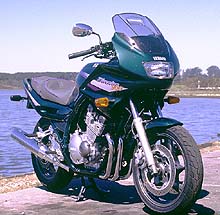








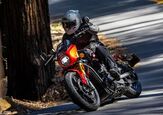
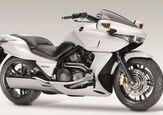
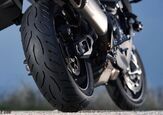
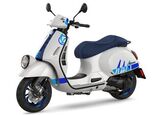
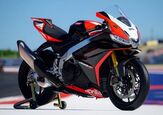
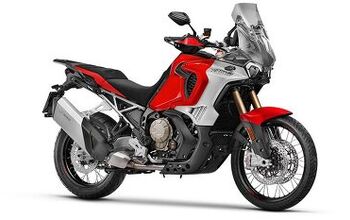
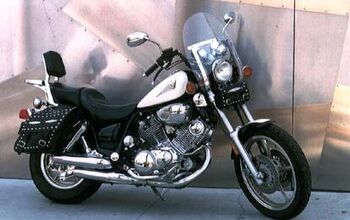

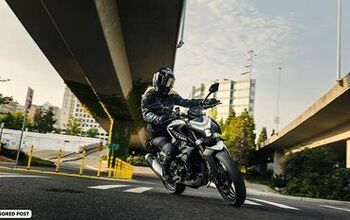

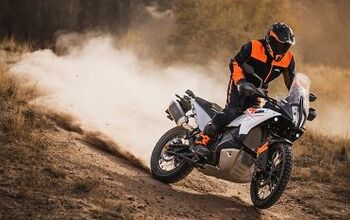
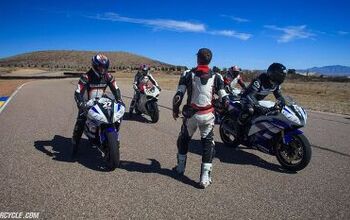
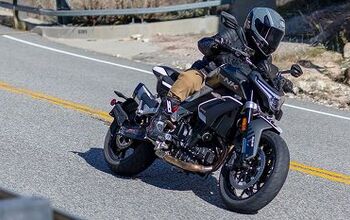
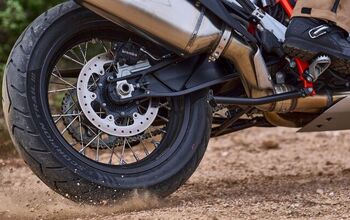
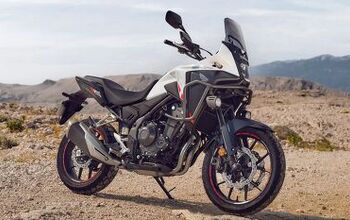
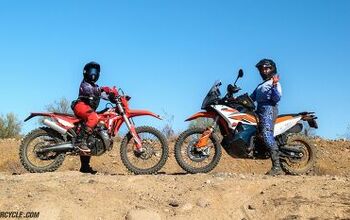
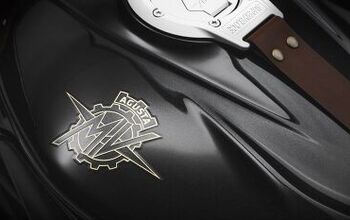
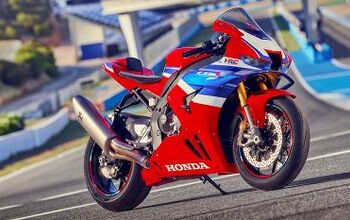
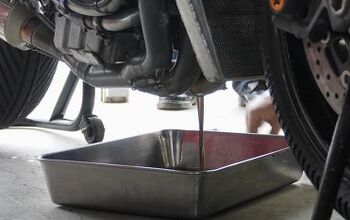

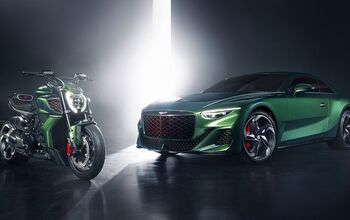
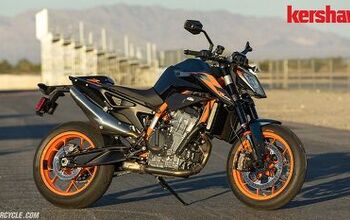

Comments
Join the conversation